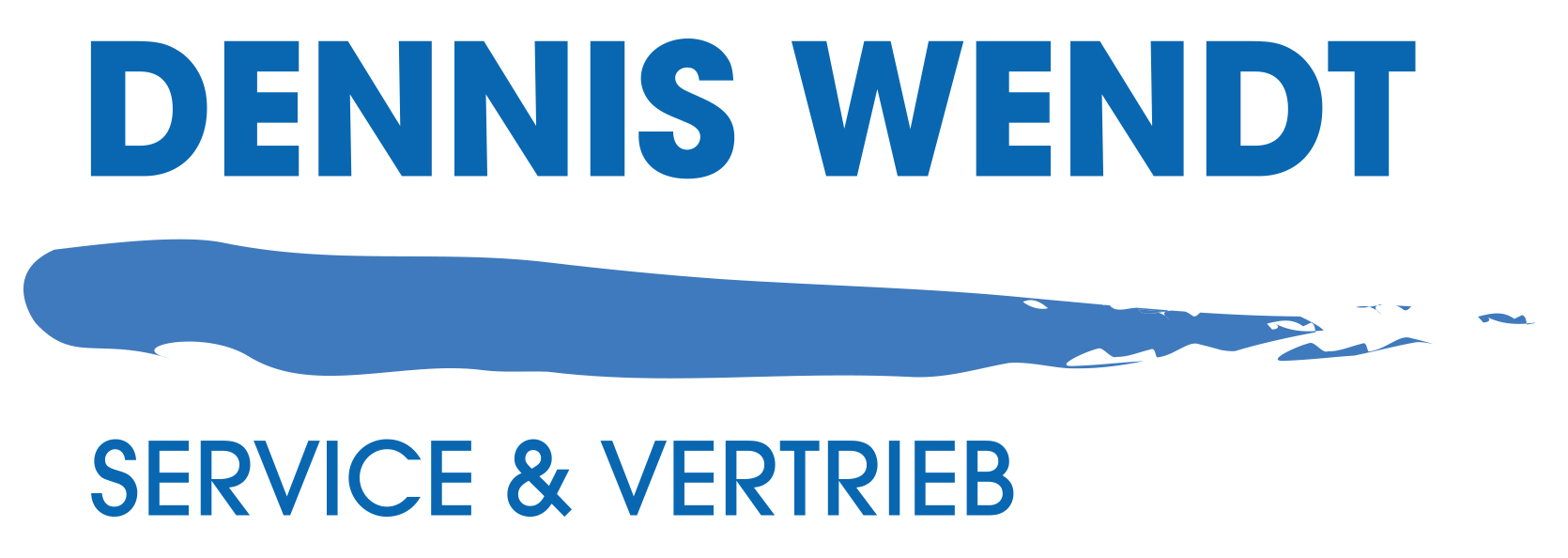Understanding the Concept of an Information Portal
An information portal acts as a centralized digital platform that aggregates, organizes, and delivers relevant data to users. Unlike traditional websites, these portals prioritize seamless access to diverse online resources, making them essential for businesses and organizations aiming to streamline data management. By consolidating information from multiple sources, they enhance efficiency and reduce redundancy in workflows.
Key Features That Define a High-Quality Information Portal
A robust information portal integrates advanced search capabilities, personalized dashboards, and secure authentication mechanisms. These features ensure users can navigate through vast amounts of data effortlessly while maintaining privacy. Effective data management is at the core of such platforms, enabling real-time updates and scalable growth.
- Customizable user interfaces tailored to individual roles or departments.
- Integration with third-party tools for enhanced functionality.
- Automated data aggregation from internal and external sources.
How Information Portals Enhance User Experience
By reducing the time spent searching for information, portals significantly improve user experience. They provide a unified view of critical metrics, documents, and analytics, allowing teams to focus on decision-making rather than data retrieval. A well-designed interface ensures intuitive navigation, fostering engagement and productivity across all user levels.
Case Studies: Successful Information Portals in the USA
Examples like the U.S. government’s data.gov showcase how public-sector information portals can democratize access to open data. Similarly, corporate giants leverage private portals to centralize operations. For instance, a leading healthcare provider uses its portal to connect patients, doctors, and administrators, streamlining care delivery. el royale casino app demonstrates how even niche industries can benefit from tailored digital solutions.
Challenges in Developing and Maintaining an Information Portal
Creating an effective information portal requires overcoming technical hurdles like system compatibility and data security. Organizations must also address user adoption barriers, ensuring staff understand how to utilize the platform. Continuous updates are necessary to keep pace with evolving digital trends and user expectations.
Best Practices for Designing an Effective Information Portal
Start by identifying core user needs and mapping out workflows to avoid unnecessary complexity. Prioritize mobile responsiveness and accessibility standards to ensure inclusivity. Regularly analyze usage patterns to refine features and optimize data management processes.
- Conduct user testing during development to gather feedback.
- Implement role-based access controls for sensitive information.
- Use analytics tools to monitor performance and user behavior.
The Future of Information Portals: Trends and Innovations
Emerging technologies like AI-driven personalization and blockchain-based security are reshaping information portals. These advancements enable predictive analytics and immutable data records, enhancing trust and efficiency. As remote work becomes standard, portals will increasingly serve as virtual hubs for collaboration and knowledge sharing.
Why Businesses Should Invest in an Information Portal
Investing in an information portal offers long-term benefits, including cost savings, improved data management, and better user experience. It fosters a culture of transparency and empowers employees with instant access to critical resources, driving innovation and operational excellence.
Measuring the Success of an Information Portal
Success metrics include user engagement rates, time saved on tasks, and reduction in manual data entry. Surveys and feedback loops help identify areas for improvement, while KPIs like system uptime and error rates ensure reliability. Regular audits of the portal’s performance are crucial for sustained success.
Common Myths About Information Portals
One myth is that portals are only for large enterprises, but small businesses can benefit from scaled-down versions. Another misconception is that they require constant IT support, though many modern solutions offer self-service options. Lastly, some believe portals complicate workflows, but when designed thoughtfully, they simplify complex processes.
- Myth: Portals are too expensive to implement.
- Myth: They replace human expertise with automation.
- Myth: All data can be centralized without risks.
Integrating an Information Portal with Existing Systems
Seamless integration requires compatibility with current software and databases. APIs and middleware facilitate data exchange between the portal and legacy systems, ensuring minimal disruption. A phased rollout allows for testing and adjustments before full deployment.
Security and Privacy Considerations for Information Portals
Protecting user data is paramount. Encryption, multi-factor authentication, and regular security audits safeguard against breaches. Compliance with regulations like GDPR and HIPAA ensures legal adherence, building trust with users and stakeholders alike.


Neueste Kommentare